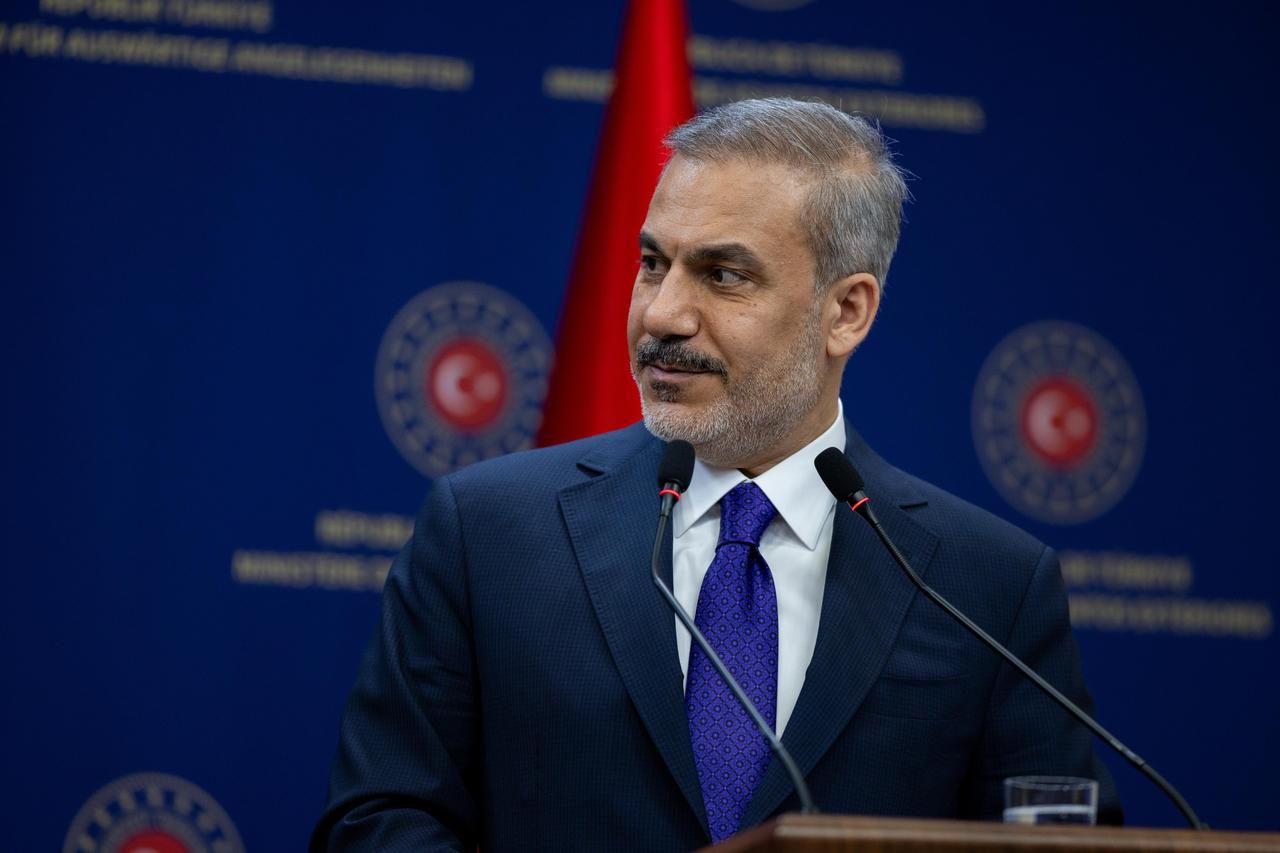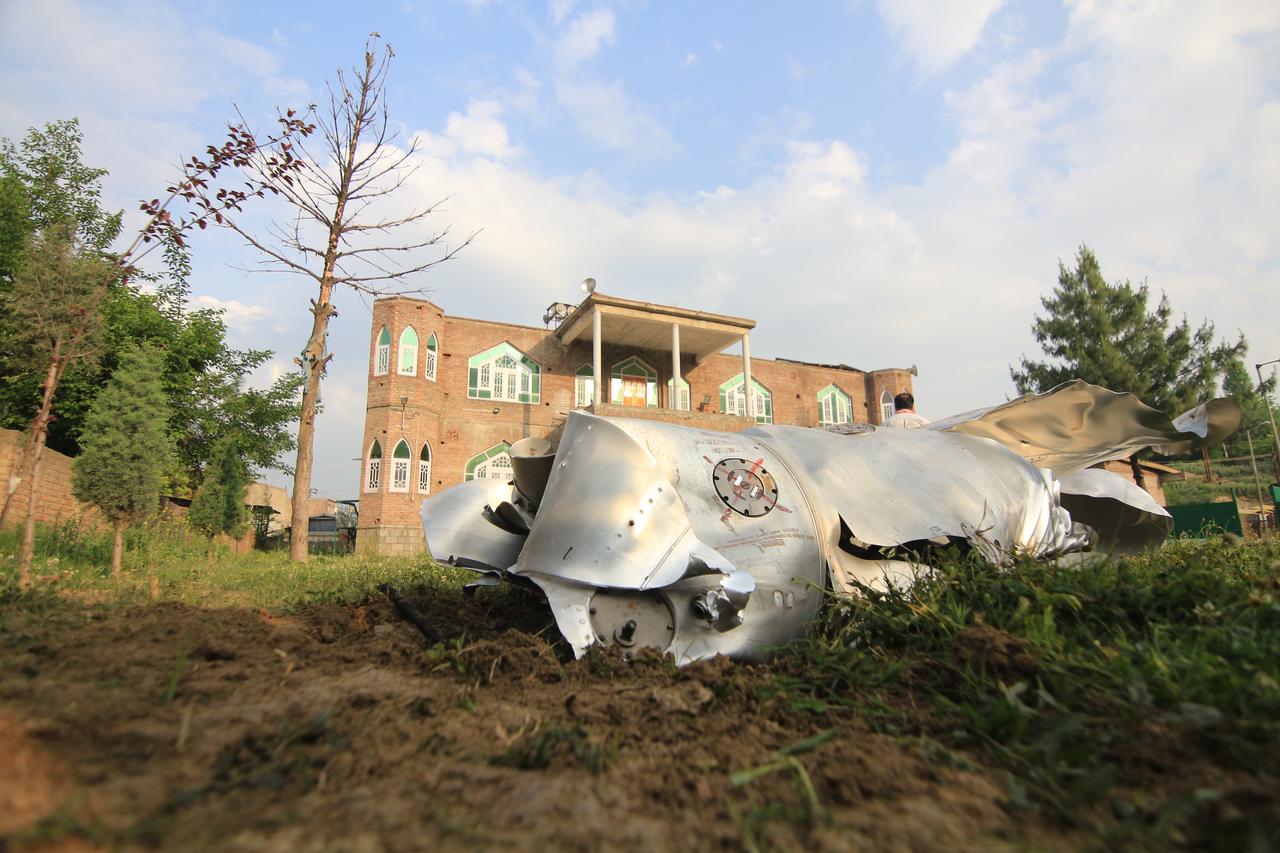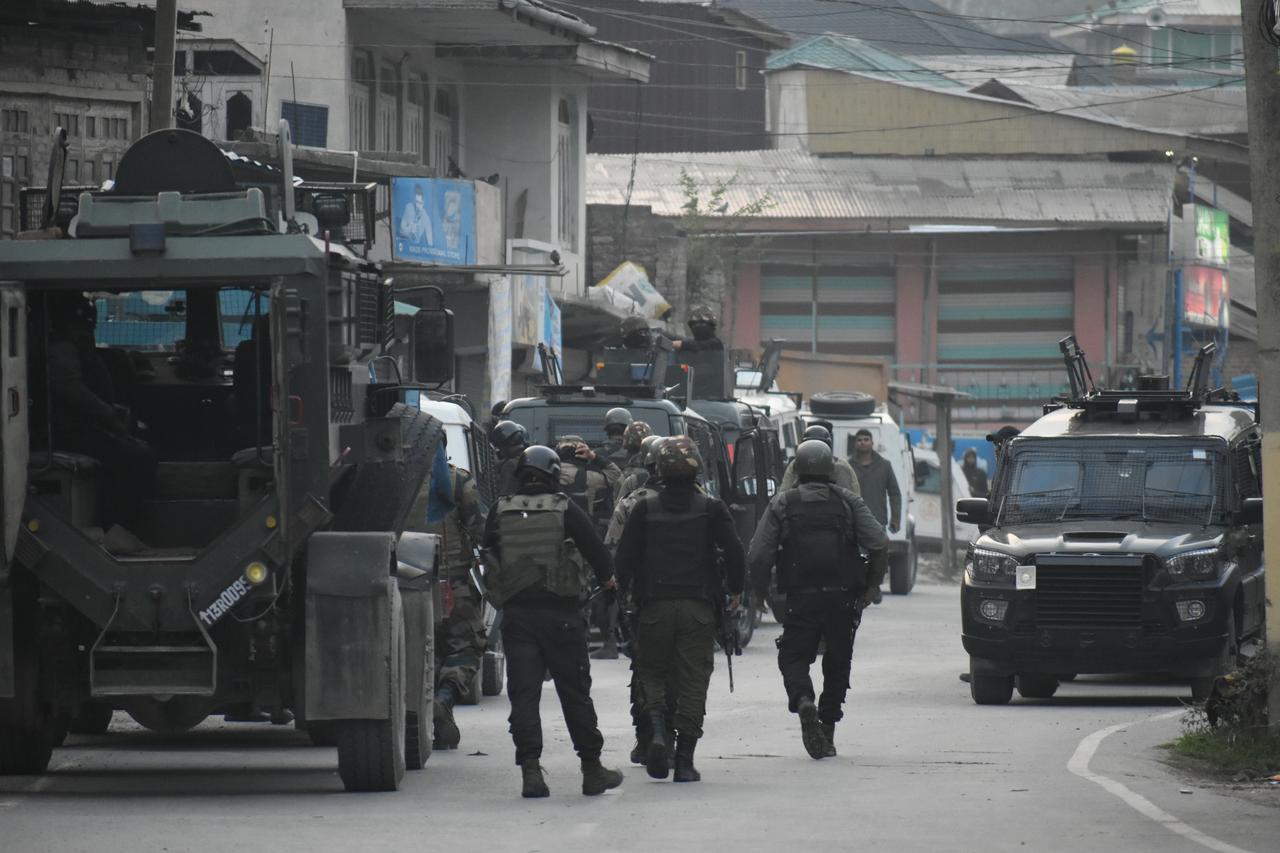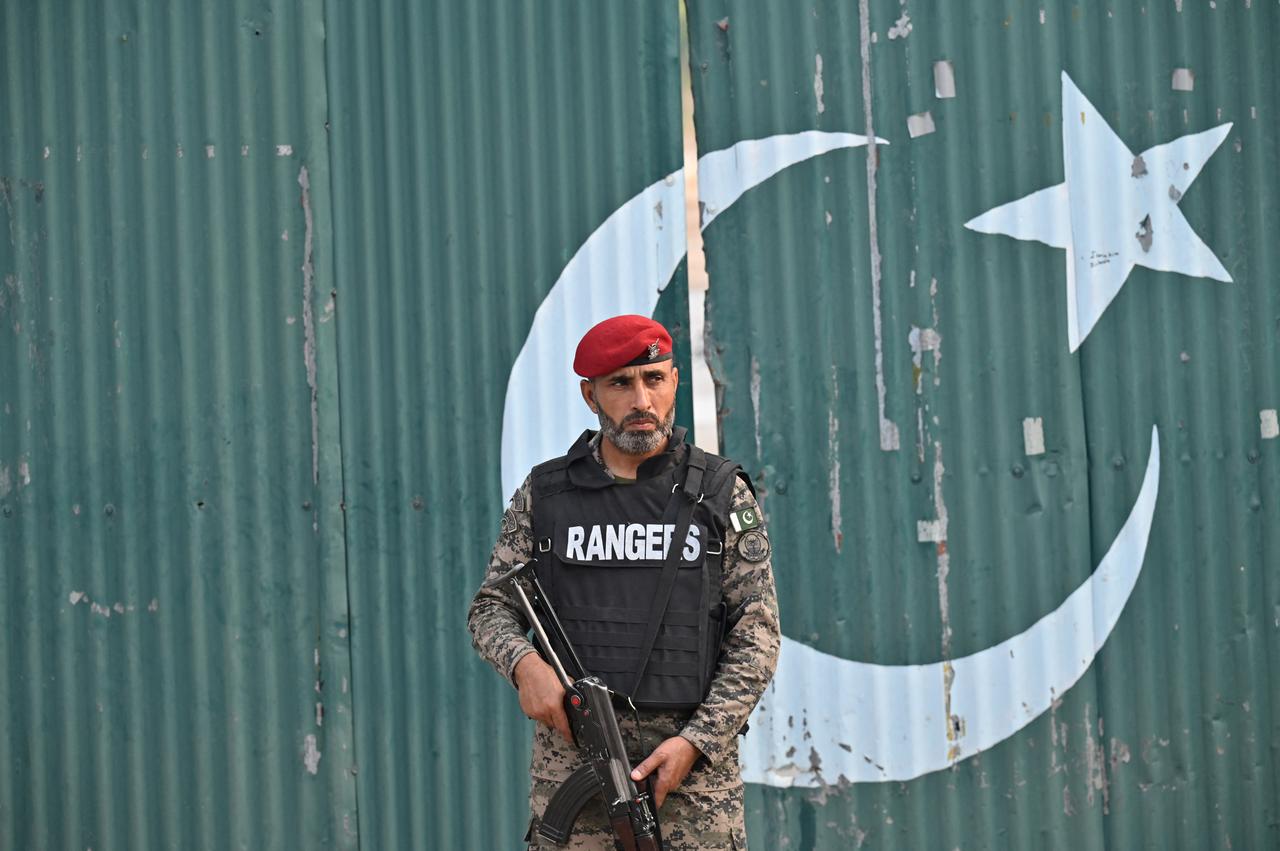
Türkiye's Foreign Minister Hakan Fidan spoke on the phone with Pakistan's Deputy Prime Minister and Foreign Minister, Muhammed Ishaq Dar, to discuss the latest developments between Pakistan and India.
Further details were not immediately provided.
According to sources from Turkish Ministry of Foreign Affairs, Fidan and Dar addressed the ongoing tensions between Pakistan and India, which have been escalating following a series of missile attacks launched by India.
Pakistan's military spokesman, Maj. Gen. Ahmed Sharif Chaudhry, confirmed that Pakistan would respond to these missile attacks at a time and place of its own choosing. Chaudhry also detailed the locations targeted by the Indian missiles, which included Kotli, Muzaffarabad, and Bagh in Azad Jammu and Kashmir, as well as Bahawalpur and Muridke in Pakistan's Punjab province.
The India’s missile strikes resulted in the deaths of 26 people, with 46 others reported injured, according to initial reports.

As the situation escalated, international leaders expressed concern. Russia’s foreign ministry voiced its deep concern over the rising tensions and called on both countries to exercise restraint.
"We call on the involved parties to exercise restraint in order to prevent further deterioration of the situation in the region. We hope that existing differences between New Delhi and Islamabad will be resolved through peaceful political-diplomatic means on a bilateral basis in accordance with the provisions of the Simla Agreement of 1972 and the Lahore Declaration of 1999," Russian statement said.
The U.N. secretary-general also urged both sides to avoid further military actions, warning that the conflict could have severe consequences for regional and global peace.
In response to the ongoing hostilities, Pakistan summoned India's Charge d’Affaires Geetika Srivastava to protest India’s actions and declared that the strikes violated international law and the sovereignty of Pakistan. The Pakistani Ministry of Foreign Affairs emphasized that India’s actions had crossed a line and posed a serious threat to regional peace and stability.
Pakistan also informed the United Nations Security Council (UNSC) about the aggression and its intent to defend itself in accordance with Article 51 of the U.N. Charter, which guarantees the right to self-defense.

The military escalation has also affected regional aviation. Several Asian airlines, including Korean Air and Malaysia Airlines, have rerouted or canceled flights to avoid Pakistan's airspace due to the conflict. Flights to and from airports in northern India have also been impacted, with suspensions in service to Amritsar and other affected regions.
Pakistan’s airspace was closed temporarily, while several Indian airports, including those in Jammu and Kashmir, have closed for commercial operations. International airlines have suspended flights to Pakistan, including Qatar Airways, due to the airspace closure.
Pakistan's military has insisted that its actions are in self-defense, emphasizing that the country will continue to respond to India’s aggression. "Pakistan is responding fully to this Indian aggression and will keep responding," stated Chaudhry.
Chaudhry also condemned India’s actions, saying, “India’s misconceptions would be corrected,” and reiterated that the Pakistan Armed Forces were prepared to protect the country against any further attacks.

The international community has widely called for both countries to de-escalate the situation. French officials urged India and Pakistan to exercise restraint and prioritize dialogue to avoid further violence. Similarly, China and Iran expressed concerns about the conflict, with both countries calling for a peaceful resolution.
"We understand India's desire to protect itself against the scourge of terrorism. But we obviously call on both India and Pakistan to exercise restraint, to avoid escalation and, of course, to protect civilians," French Foreign Minister Jean-Noel Barrot said on the French broadcaster TF1.
"We condemned in the strongest possible terms the terrorist attack in India on April 22, which left 26 civilians brutally murdered," he said.
"We hoped that Pakistan would also denounce it with great force," he added.